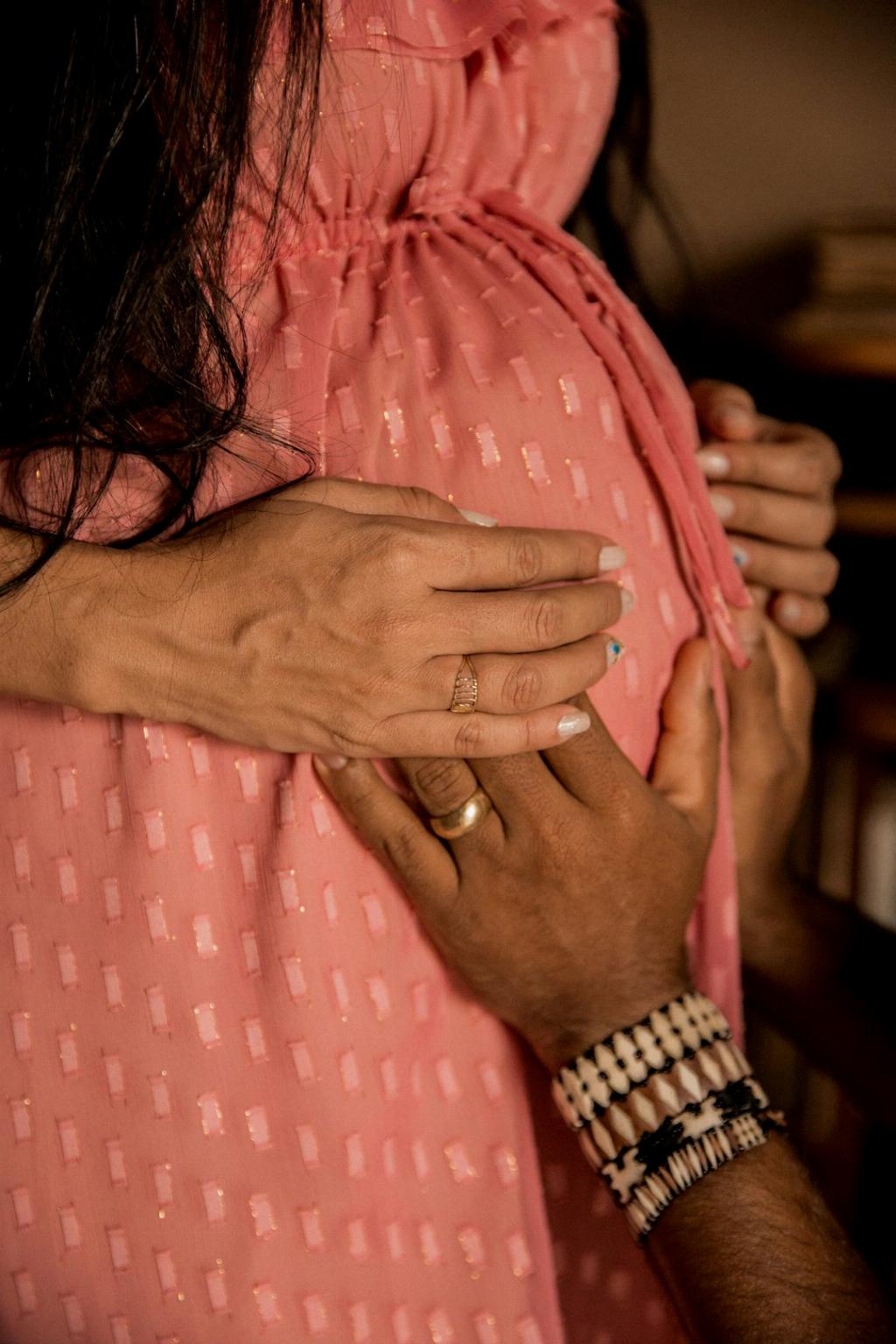It is crucial to comprehend the factors that can lead to failure in a 3-hour glucose test. This test, also known as a 100-gram oral glucose tolerance test, is used to diagnose gestational diabetes and other blood sugar-related conditions. Failing this test can have significant implications for an individual’s health, requiring further monitoring and potential lifestyle changes.
One of the primary reasons for failing a 3-hour glucose test is abnormal blood sugar levels. The specific cutoff values for abnormal results during the test include a fasting blood sugar level greater than 95 mg/dL (5.3 mmol/L), a 1-hour level greater than 180 mg/dL (10.0 mmol/L), and a 2-hour level greater than 155 mg/dL (8.6 mmol/L). Exceeding these values indicates an impaired glucose tolerance or gestational diabetes.
Several factors can contribute to elevated blood sugar levels during the test. Poor diet choices, such as consuming high-sugar or high-carbohydrate foods leading up to the test, can result in abnormal readings. Additionally, lack of physical activity or sedentary lifestyle can impact glucose metabolism and insulin sensitivity, influencing the test results negatively.
Another crucial aspect to consider is insulin resistance, which plays a significant role in failing a 3-hour glucose test. Insulin resistance occurs when the body’s cells do not respond effectively to insulin, leading to elevated blood sugar levels. Factors contributing to insulin resistance include obesity, genetics, and certain medical conditions.
Furthermore, gestational diabetes, a type of diabetes that develops during pregnancy, can also cause a person to fail a 3-hour glucose test. Hormonal changes during pregnancy can affect insulin sensitivity, potentially resulting in high blood sugar levels. Proper management of gestational diabetes is crucial to ensure the health of both the mother and the baby.
Stress and anxiety can also impact blood sugar levels, potentially leading to abnormal results in a glucose tolerance test. Stress activates the body’s “fight or flight” response, releasing stress hormones that can increase blood sugar levels. Managing stress through relaxation techniques and mindfulness practices may help mitigate this impact on glucose levels.
Inadequate sleep and poor sleep quality can disrupt the body’s hormonal balance, including hormones that regulate blood sugar levels. Sleep deprivation has been linked to insulin resistance and impaired glucose metabolism, which can contribute to failing a 3-hour glucose test. Prioritizing good sleep hygiene is essential for overall health and blood sugar regulation.
Medical conditions such as polycystic ovary syndrome (PCOS) and hormonal imbalances can also influence glucose metabolism and insulin function, potentially leading to abnormal results in a glucose tolerance test. It is vital for healthcare providers to consider these underlying conditions when interpreting test results and planning appropriate management strategies.
Certain medications, such as corticosteroids and antipsychotic drugs, can affect blood sugar levels and insulin sensitivity, impacting the results of a glucose tolerance test. Individuals taking these medications should consult their healthcare providers to assess the potential impact on test outcomes and discuss alternative testing methods if necessary.
Age can also play a role in glucose tolerance, as older individuals may have reduced insulin sensitivity and impaired glucose regulation compared to younger individuals. Aging-related changes in metabolism and hormonal balance can contribute to elevated blood sugar levels, potentially affecting the results of a 3-hour glucose test.
Overall, multiple factors can influence the outcome of a 3-hour glucose test, from lifestyle choices and underlying medical conditions to hormonal changes and medication use. Understanding these factors and working closely with healthcare providers to address any underlying issues is essential for proper management and interpretation of the test results.

